Effective climate data services could help fish farmers reduce aquaculture losses caused by climate change, says new study
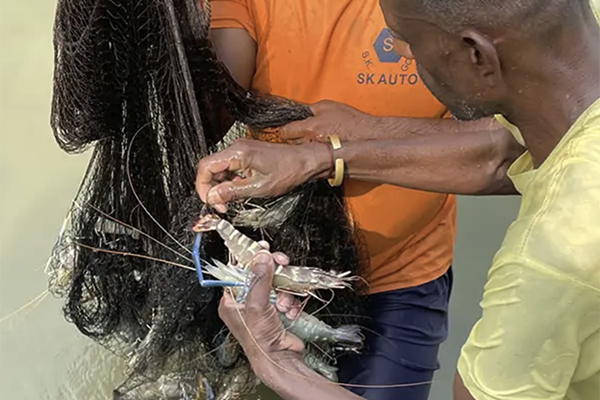
A new analysis reveals that Bangladesh’s aquaculture industry suffered a U.S. $140 million loss over the past decade due to climate change, underscoring the urgency for improved climate data services.
According to the study published in Climate Risk Management, Bangladesh is highly vulnerable to extreme weather events predicted to increase in the near and distant future. The scientists found that effective climate information services could help fish farmers reduce aquaculture losses caused by such events.
“Climate information services are a potential climate-risk reduction approach that could de-risk the aquaculture sector by supporting fish farmers’ climate resilient decision-making and production management processes,” the study authors wrote.
Aquaculture and fisheries make up almost 26 percent of Bangladesh’s agricultural gross domestic product. However, fish farmers in Bangladesh are facing growing challenges from extreme weather events influenced by climate change. Unfortunately, there is a lack of data on climate variations – such as unpredictable rainfall, heat waves and cold spells – specifically in aquaculture. This makes it difficult to assess and implement effective climate risk management strategies for the industry.
According to the study, flooding is the most financially detrimental and frequently occurring hazard for hatcheries, open-water fish and shrimp. Over the period from 2011 to 2020, floods led to an approximate loss of 54,000 tons of aquaculture production, with an estimated value of $93 million. Cyclones ranked as the second most harmful, resulting in the loss of 12,000 tons of fish products, with a total estimated value of $24.8 million.
Crouching Tigers: Bangladesh shrimp farming at a critical juncture
The analysis suggested that countries in the global South have slowly adopted climate services for aquaculture. This delay is mainly due to a lack of awareness about the economic benefits of such services and the fact that these tools have historically focused more on crops. However, these services offer valuable climate data that can help make decisions related to adaptation, mitigating risks and managing uncertainties in aquaculture.
Now that you've reached the end of the article ...
… please consider supporting GSA’s mission to advance responsible seafood practices through education, advocacy and third-party assurances. The Advocate aims to document the evolution of responsible seafood practices and share the expansive knowledge of our vast network of contributors.
By becoming a Global Seafood Alliance member, you’re ensuring that all of the pre-competitive work we do through member benefits, resources and events can continue. Individual membership costs just $50 a year.
Not a GSA member? Join us.
Author
-
Responsible Seafood Advocate
[103,114,111,46,100,111,111,102,97,101,115,108,97,98,111,108,103,64,114,111,116,105,100,101]
Tagged With
Related Posts
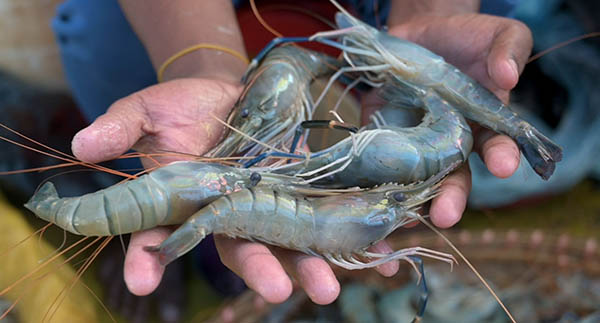
Innovation & Investment
New digital tools aspire to improve sustainable shrimp production in Bangladesh
A set of digital tools makes biosecurity training "more engaging and accessible," improving sustainable shrimp production in Bangladesh.
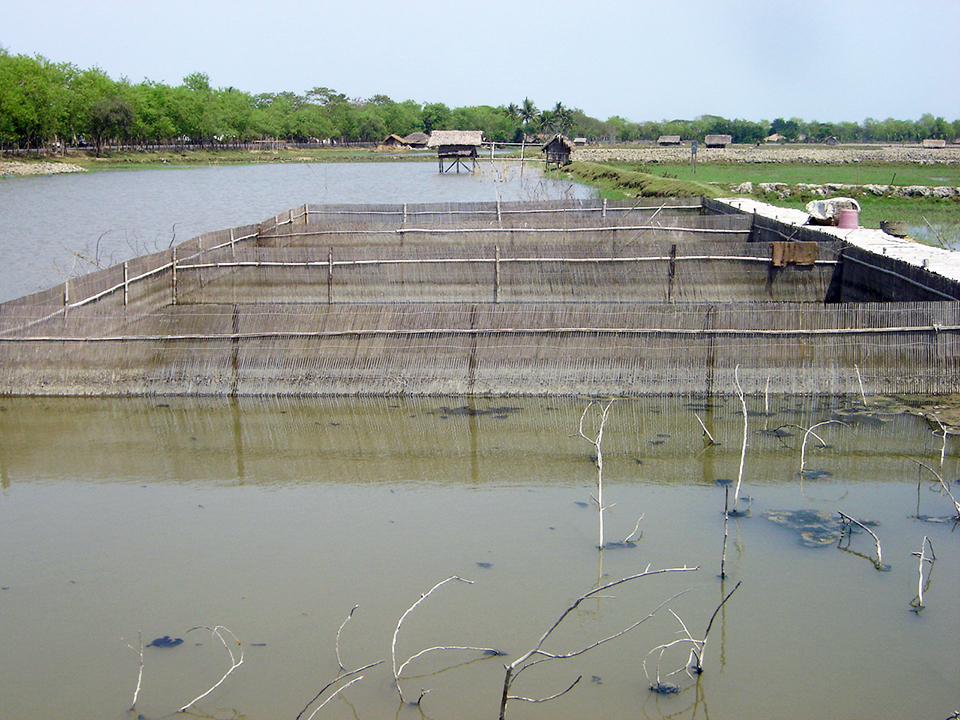
Responsibility
Coastal aquaculture in Bangladesh must adapt to climate change
Shrimp culture in coastal Bangladesh is threatened by climate change variables that include flooding, cyclones, drought, salinity changes and rising sea levels. Holistic planning can help reduce the impacts.
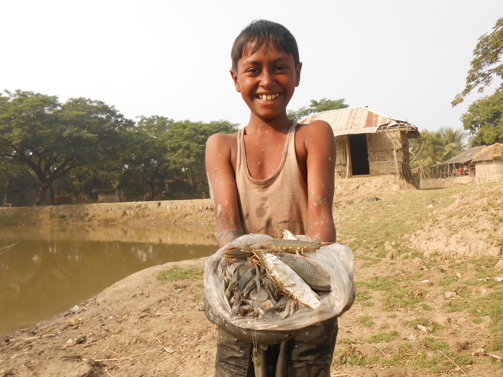
Responsibility
Prawn and shrimp farm industry ‘crucial to public health and prosperity’ in Bangladesh, study says
A new study indicates that the prawn and shrimp farm industry in Bangladesh offers local health, economic and environmental benefits.
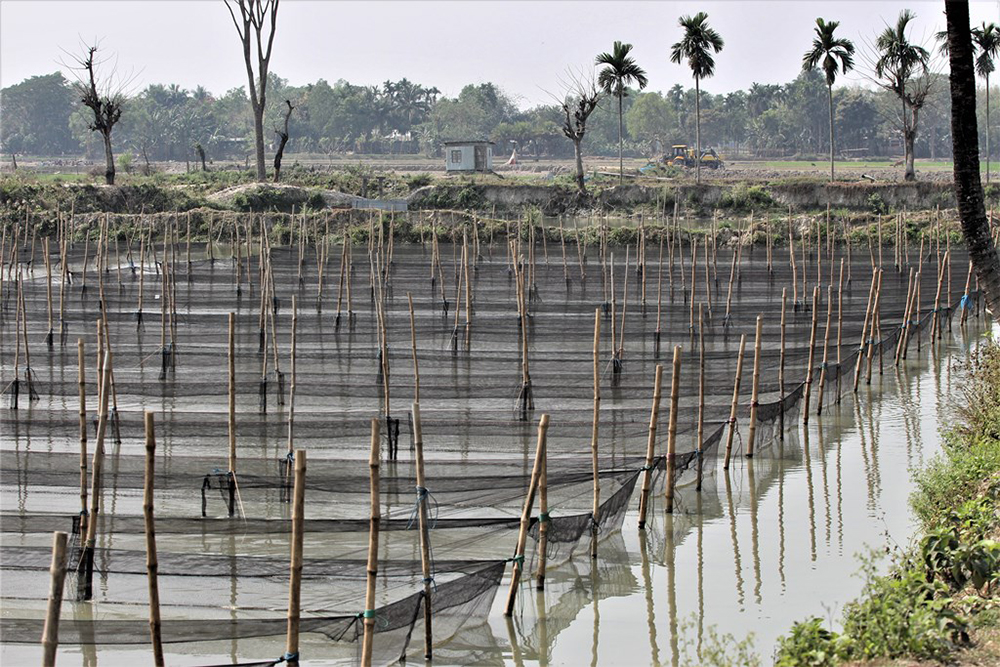
Intelligence
Bangladesh’s tilapia aquaculture industry shows resilience
Tilapia aquaculture in Bangladesh has developed significantly since 1999, based on the Genetically Improved Farmed Tilapia (GIFT) strain of Nile tilapia (Oreochromis niloticus) introduced from Malaysia and on the significant genetic improvement research work by the Bangladesh Fisheries Research Institute (BFRI).



